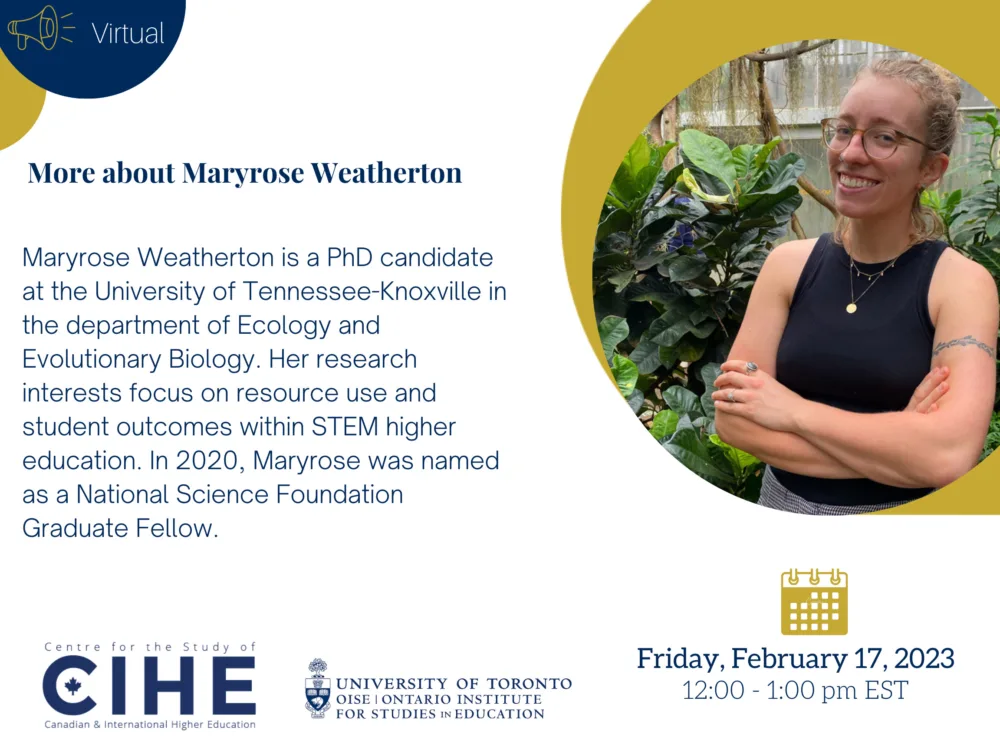Research Data Management (RDM) for Humanists
In this hands-on and discussion-centered workshop we will discuss and identify unique considerations for managing “humanities and social sciences research data”. In this workshop we will introduce you to the basic lifecycle of data–including your own personal data. We will learn about different formats (proprietary vs. open), software, and metadata for your data. Finally, through […]


